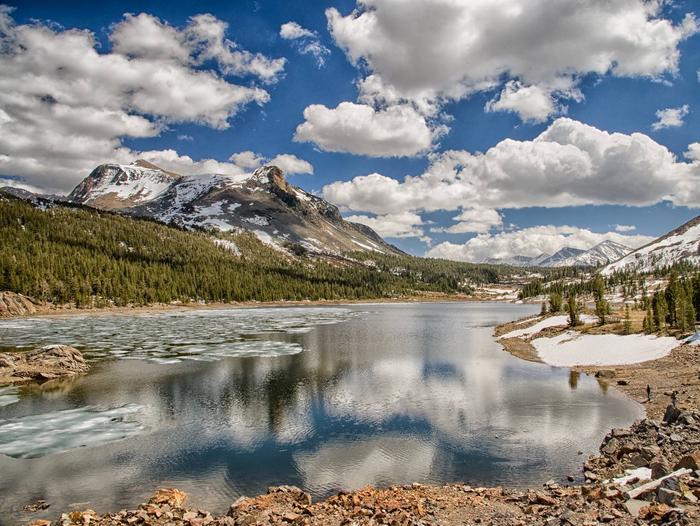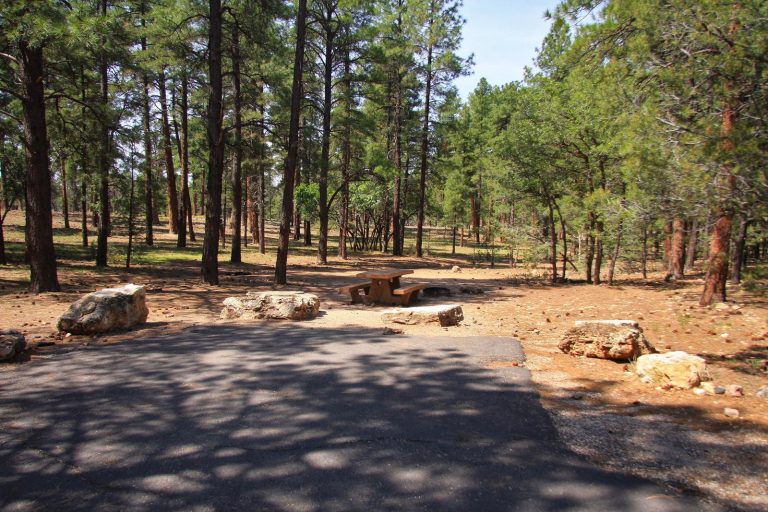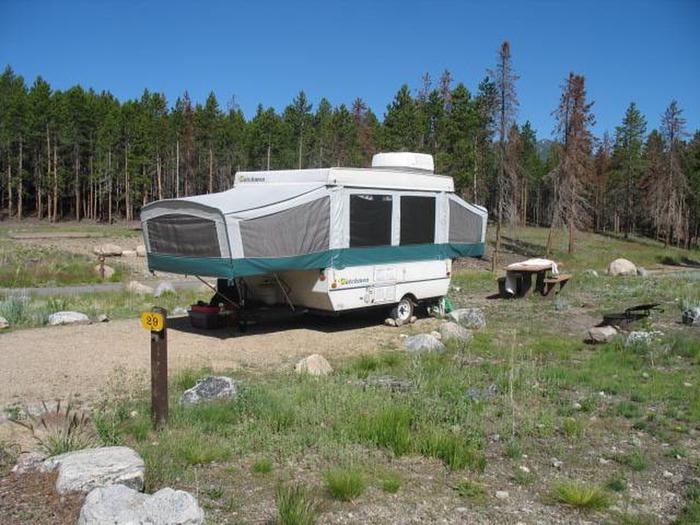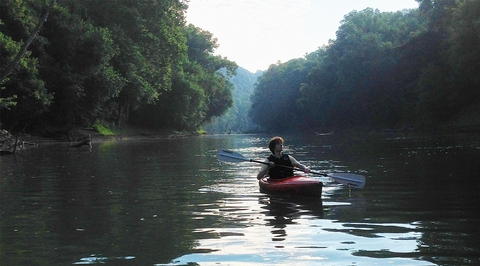Directions
Dover, DE
Take Route 13 South to Route 175 (about 5 miles past Pocomoke City, MD). Travel east on 175 to Chincoteague Island, go straight at the light at the foot of the drawbridge onto Maddox Blvd.and follow the signs to Assateague Island National Seashore and Chincoteague National Wildlife Refuge.
Washington, D.C.
Take I-95 to Route 301, following signs to the Chesapeake Bay Bridge, to Route 50. Take Route 50 to Route 13 South (in Salisbury, MD). From Route 13 South take Route 175 (about 5 miles past Pocomoke City, MD). Travel east on 175 to Chincoteague Island, go straight at the light at the foot of the drawbridge onto Maddox Blvd.and follow the signs to Assateague Island National Seashore and Chincoteague National Wildlife Refuge.
Baltimore, MD
Take I-97 to Route 301, following signs to the Chesapeake Bay Bridge, to Route 50. Take Route 50 to Route 13 South (in Salisbury, MD). From Route 13 South take Route 175 (about 5 miles past Pocomoke City, MD). Travel east on 175 to Chincoteague Island, go straight at the light at the foot of the drawbridge onto Maddox Blvd.and follow the signs to Assateague Island National Seashore and Chincoteague National Wildlife Refuge.
Virginia Beach, VA
Take I-60 to Route 13 North, following signs to the Chesapeake Bay Bridge Tunnel. Travel Route 13 North to Route 175. Travel east on 175 to Chincoteague Island, go straight at the light at the foot of the drawbridge onto Maddox Blvd.and follow the signs to Assateague Island National Seashore and Chincoteague National Wildlife Refuge.
Phone
757-336-6122
Activities
AUTO TOURING, BOATING, HISTORIC & CULTURAL SITE, INTERPRETIVE PROGRAMS, FISHING, HIKING, HORSEBACK RIDING, HUNTING, VISITOR CENTER, WILDLIFE VIEWING, ENVIRONMENTAL EDUCATION, PHOTOGRAPHY, PADDLING
Camping Reservations
Reserve your campsite at these camping areas:
Hiking Trails
Looking for nice hiking areas to take a hike? Choose from these scenic hiking trails:
Related Link(s)
More Virginia Recreation Areas
Chincoteague National Wildlife Refuge
Chincoteague NWR, located primarily on the Virginia side of Assateague Island, consists of more than 14,000 acres of beach, dunes, marsh, and maritime forest. Chincoteague NWR, originally established in 1943 to provide habitat for migratory birds (with an emphasis on conserving greater snow geese), today provides habitat for waterfowl, wading birds, shorebirds, and song birds, as well as other species of wildlife and plants. Refuge staff manage this barrier island habitat to allow many species of wildlife to coexist, each establishing their own place in the environment. In fact, more than 320 species of birds are known to occur on the refuge. The refuge has been designated a Globally Important Bird Area, is part of the Western Hemisphere Shorebird Reserve Network and designated as one of the top ten birding Hotspots by the National Audubon Society.
Refuge management programs restore threatened and endangered species such as the Delmarva Peninsula fox squirrel, the bald eagle and the piping plover. More than 2,600 acres of man-mademarshes, or moist soil management units, are managed for wintering waterfowl and shorebirds during migration. Unique residents of the island, the famous Chincoteague ponies, are housed in two areas on the refuge through a special agreement with the ponies’ owners, the Chincoteague Volunteer Fire Company.
With approximately 1.4 million visits a year, Chincoteague NWR is one of the most visited refuges in the nation. Chincoteague NWR provides visitors with extraordinary educational and recreational opportunities. In addition, a special partnership exists with the National Park Service which allows Assateague Island National Seashore to administer public activities on a five-mile portion of the refuge beach.
The new Herbert H. Bateman Educational and Administrative Center offers educational exhibits, an auditorium and wet laboratory/classroom for visiting groups.






